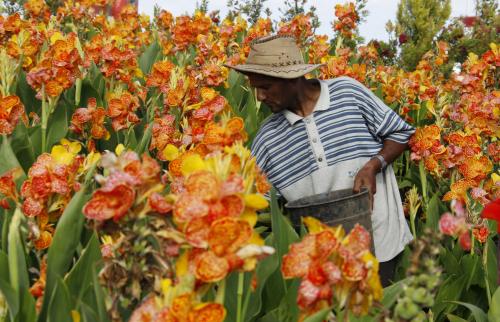Brookings China expert Cheng Li was 1 of 20 leading writers and thinkers who gave their take on where China is, and where it is going, in a China Security article titled “Debating China’s Future“.
In the middle of a trans-Pacific flight, an aircraft pilot announced to the passengers that he had good news and bad news. “The good news,” he said, “is that we are running ahead of schedule. The bad news is that we are lost.” No story better captures the realities of present- day China.
To many observers, China appears to be a rapidly growing economic powerhouse, but one that seems to be lost when it comes to the political destination it wants to reach.
On the domestic front, China’s political system has become increasingly inadequate for dealing with the complicated, and sometimes contradictory needs of China’s economy and society. Although the Chinese Communist Party has tried to build up its public support on the basis of economic growth, social harmony and nationalism, one-party rule will always have to struggle with the issue of legitimacy.
On the international front, China’s poor image has become a major liability, as evident in the recent widespread protests over China’s human rights problems, its investments in Sudan, and its crackdown in Tibet. Chinese leaders will soon realize, if they have not already, that China’s rise to prominence in the 21st century will ultimately depend on its ability to adapt to global governance norms, including political pluralism, openness, transparency and the rule of law. To be sure, some of the international criticisms of China reflect Western biases or double standards. Yet, the Middle Kingdom needs to find a sound political vision – and a core value system – to express what China stands for in today’s world.
Coincidently, the generation of Chinese leaders that has just emerged on the national stage is mainly composed of members of the so-called “lost generation.” These individuals, born in the 1950s, lost the opportunity for formal schooling due to the Cultural Revolution. Many were sent from cities to the countryside to work as farmers, and some later entered college when the higher education system reopened. These experiences not only enabled them to put their careers back on track, but also suggest that they are likely to be more flexible and bolder than their predecessors about political reform. A central issue for the next decade or so is whether this unique “lost generation” of leaders, who made drastic changes and dramatic “comebacks” in their own lives, can also find a path to democracy for their country.


Commentary
Debating China’s Future: Speed vs. Direction
June 20, 2008